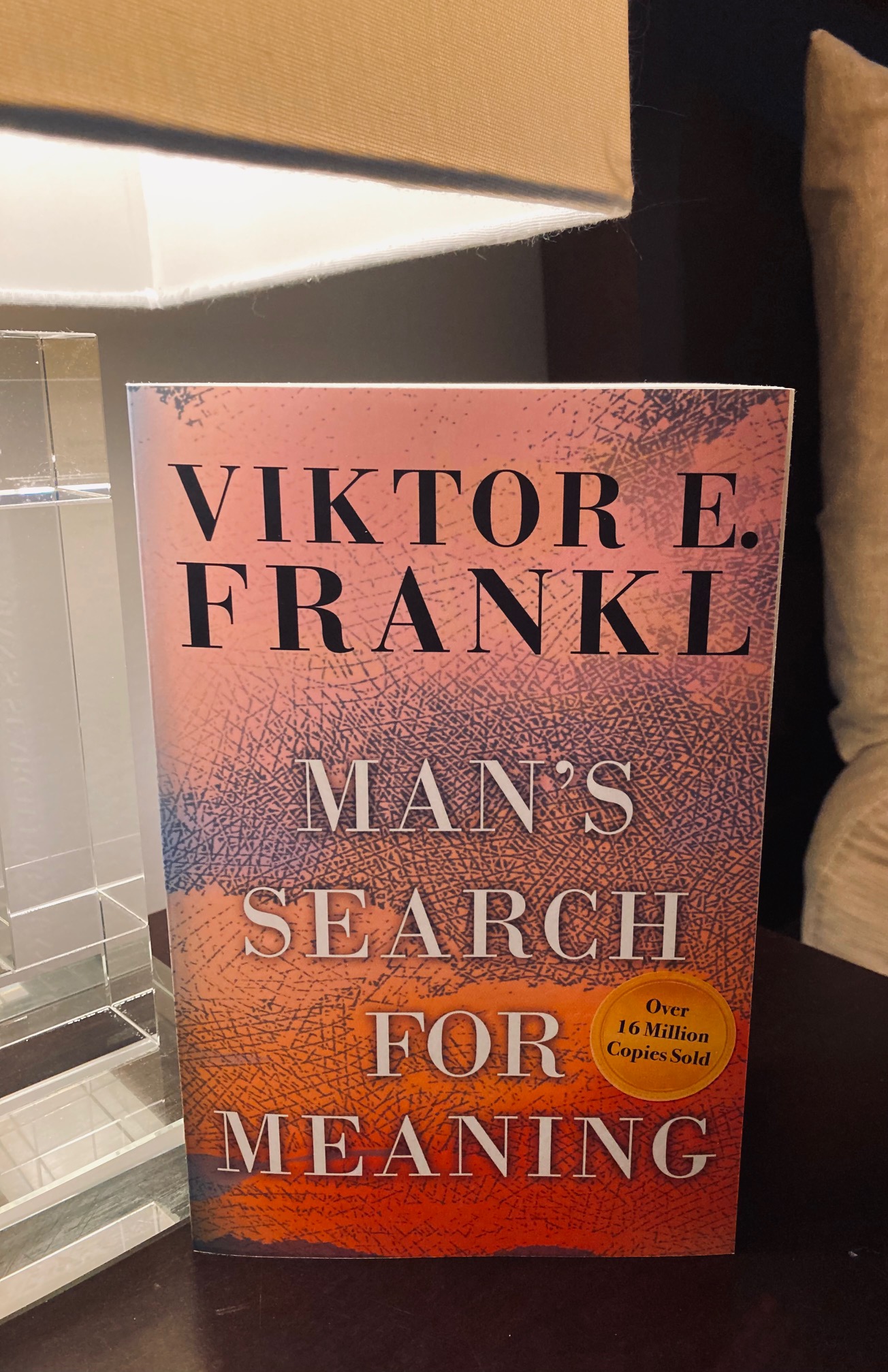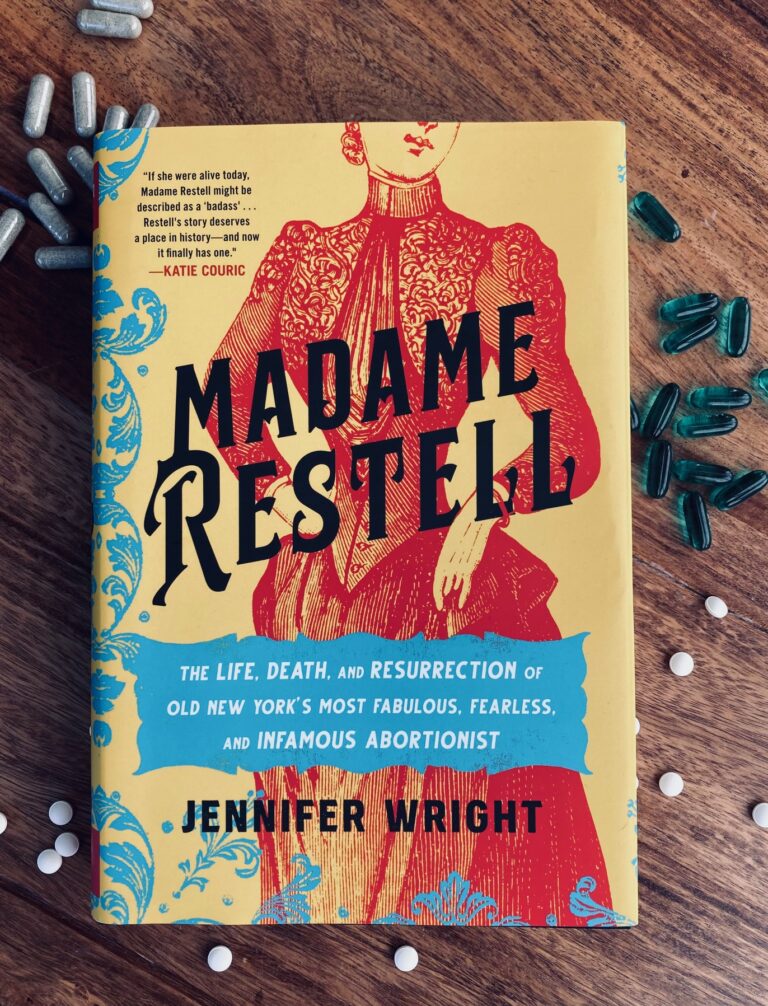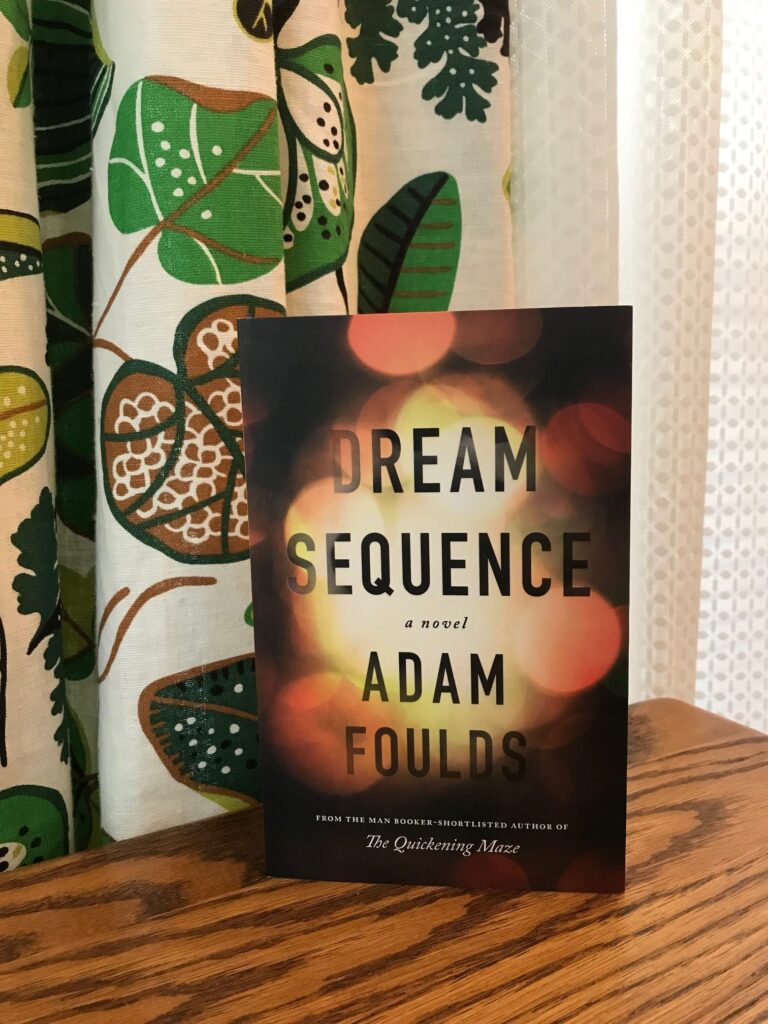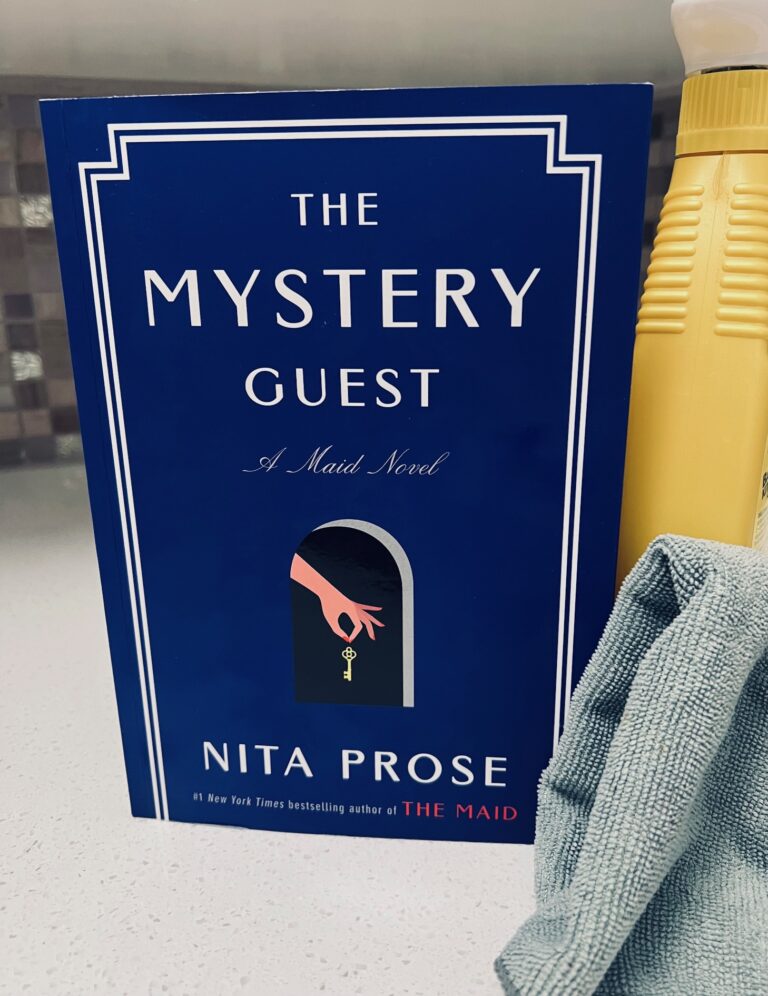Book Review: Man’s Search for Meaning by Viktor E. Frankl

I was put onto this book by a social media post from an old friend of mine who I had lost touch with. She was diagnosed with two forms of aggressive cancer, one right after the other. During her treatments, she spoke highly of the bestselling book Man’s Search for Meaning by Viktor E. Frankl, so I bought it. Written by a man who was imprisoned in Nazi concentration camps during WWII, this work of non-fiction gives readers an idea of how to find meaning in their lives, even through suffering. Now, before I give anyone the wrong idea, I’m not suffering, in fact I lead a pretty awesome life that I’m proud of, but this book isn’t just for those who are struggling. Instead, it acts as a reminder and roadmap for navigating those tough times, whether they be in the your future, or your rearview mirror.
Book Summary
I purchased a paperback version which appears to be one of the latest editions, published in 2006. It includes; a foreword by Harold S. Kushner (a rabbi and author), the preface to the 1992 edition by Frankl himself, the first section titled “Experiences in a Concentration Camp”, and the second section titled “Logotherapy in a Nutshell”, as well as a postscript from 1984 by Frankl, and an Afterword by William J. Winslade, a psychoanalyst. This all comes in at well under 200 pages, yet despite its short word count, the words are profoundly effective. The first section describes Frankl’s time in the Nazi concentration camps, while the second goes into the definition and application of Logotherapy, which is his own theory that “focuses on the future, that is to say, on the meanings to be fulfilled by the patient in his future” (p. 98). Both these two sections were originally published in 1946, but Frankl wrote many books after that, becoming renowned worldwide for his theory and application. What was most impactful about this book was his short anecdotes about previous patients, and the ways he spoke to them, thus changing their perspective. He worked with thousands of patients, many of them suffering from depression, but his advice is clear and simple to follow; it’s what he used to get himself through his terrible experiences of the war, and it will help those who are currently suffering through their own trials.
My Thoughts
The analyzing of his time in the camp is what is so useful to the reader; we have all read enough accounts and seen enough movies of what life was like in those death camps to have a clear idea of how horrible it was. Instead Frankl recalls some of the situations where he was tasked with speaking to his fellow captives, or giving hope to those who had clearly lost it. His speeches were a form of Logotherapy, where he speaks to the importance of not giving up, but also finding pride and meaning in their suffering.
“They must not lose hope but should keep their courage in the certainty that the hopelessness of our struggle did not detract from its dignity and its meaning.”
-p. 83 of Man’s Search for Meaning by Viktor E. Frankl
He never sugarcoats or denies the terrible state they are all in, he even acknowledges how likely it is most will die. But he also reminds people that we all have someone who has passed before us, and they would want us to bear our suffering with dignity, as we are the ones who are still alive. And his advice is never condescending or meant to guilt people – instead, I found it inspiring. His urging to find meaning in even the most dire of situations is a positive way of transforming a terrible situation into one you can grow out of, even if it ends in death. The afterword succinctly clarifies why his advice has endured into a new century:
“Frankl offers readers who are searching for answers to life’s dilemmas a critical mandate: he does not tell people what to do, but why they must do it.”
-p. 161 of Afterword by William J. Winslade,
Later in the book, he touches upon a struggle that he sees more and more people contending with, and I think it can be argued that this issue is even worse after his death.
“What man actually needs is not a tensionless state but rather the striving and struggling for a worthwhile goal, a freely chosen task. What he needs is not the discharge of tensions at any cost but the call of a potential meaning waiting to be fulfilled by him.”
-p. 105 of Man’s Search for Meaning by Viktor E. Frankl
Many of us in the first world will never find ourselves in such awful circumstances like a work camp, so when all your basic needs are met, what comes next? You don’t need a psychology degree to know that those who are driven towards something tend to be happier, and better adjusted. We’ve all been told to identify goals in our life, but Frankl is pushing us to find meaning rather than goals, which is advice I think many of us can benefit from.
I loved this book, I found reading it simultaneously comforting and motivating, and its challenge to everyone is an important one. I’m going to keep it on my shelf and revisit it when I need a reminder of why I do what I do, and I recommend everyone give it a read for a much-needed boost of inspiration.







I’ve heard about and seen this book forever but never really thought about reading it until now! This was a wonderful review, Anne. I’m going to add this to my list.
I think you’d really like it Laila, it’s simple, but really mind-opening!
My brain can’t seem to wrap around this book. It sounds like a Holocaust self-help text, which is likely inaccurate but that’s what my brain keeps saying.
It is a self-help book, but not really about the Holocaust. He’s more just using it as an example as to why your mindset is more powerful than you think.
I’ve never read this, but I love what you have to say about it. I will have to add it to my list.
Have you ever seen Life is Beautiful? Such a great movie!
Yes I have, that movie made cry, god it was powerful. I think you’d like this book too Naomi, it’s fairly quick reading and very insightful.